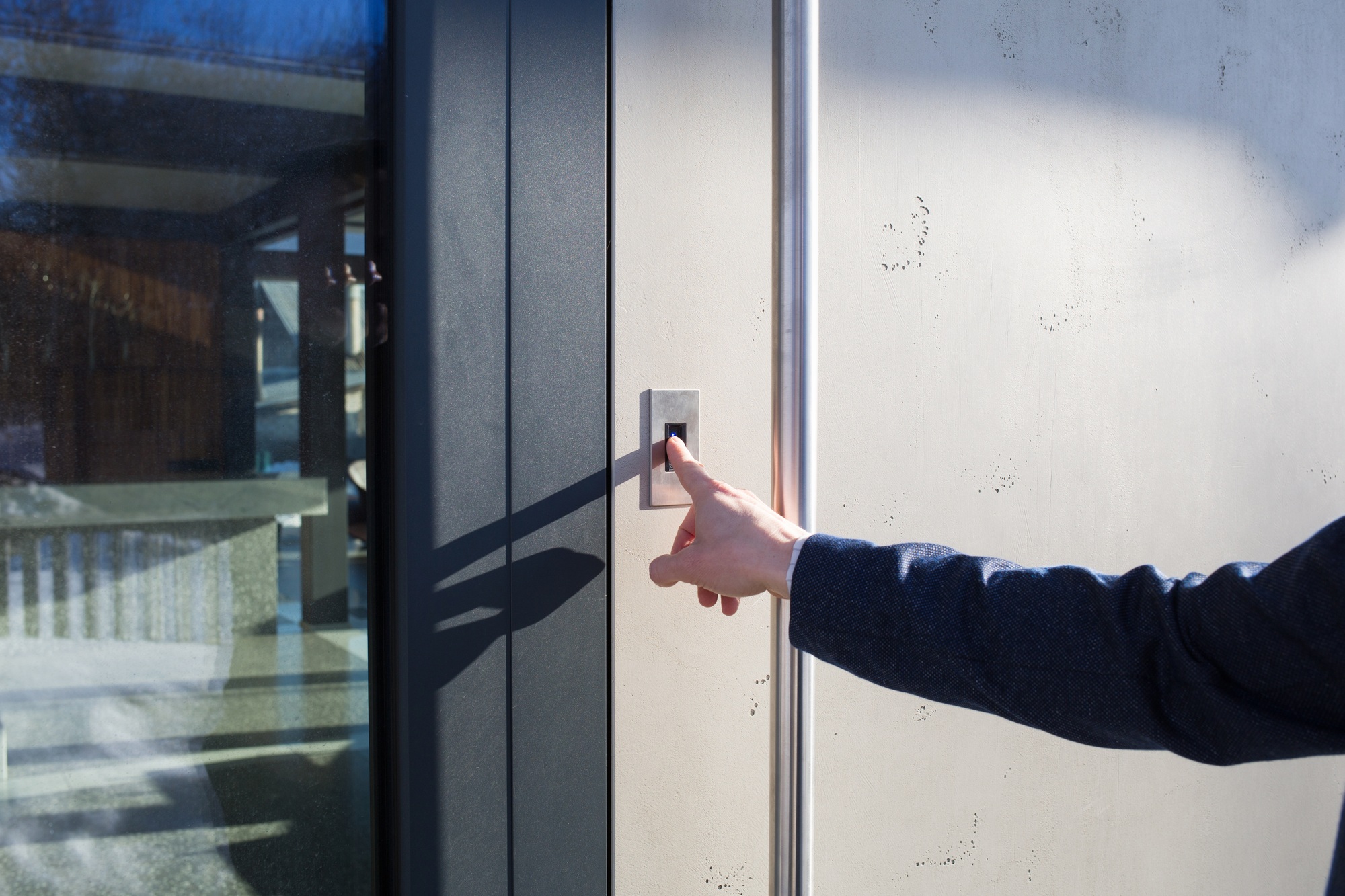In a move to scale its ambitious “proof of human” initiative, Tools for Humanity, the startup co-founded by OpenAI CEO Sam Altman, unveiled a mobile biometric verification device called the Orb Mini on Wednesday. The device is a more compact version of the company’s signature eye-scanning Orb and is designed to bring blockchain-based digital identity verification to a broader global audience.
Revealed during the company’s “At Last” event in San Francisco, the Orb Mini resembles a smartphone but functions solely as a biometric scanner, using dual front-facing sensors to verify that users are human and not AI agents. The new device marks a pivotal step in World’s mission to combat the rising difficulty of distinguishing humans from artificial intelligence on the internet.
Portable Human Verification at Scale
“We are entering a world where AI agents can mimic human behavior with increasing sophistication,” said Rich Heley, Chief Device Officer at Tools for Humanity and a former Apple executive, during the event. “The Orb Mini is our next step to build a scalable infrastructure for verifying humanity in a digital-first world.”
While the original Orb required users to visit fixed locations, the Orb Mini’s portability could significantly accelerate adoption, especially in areas where setting up permanent verification centers is impractical. Designed with input from former Apple designer Thomas Meyerhoff, the Orb Mini looks and feels like a sleek consumer electronics product — but it’s not meant for calls or browsing.
Instead, it serves a singular purpose: scanning users’ irises to generate a unique blockchain-based ID, stored on World’s decentralized identity system.
Retail Rollout in the U.S.
To support the new device’s launch, World is opening brick-and-mortar storefronts in six major U.S. cities: Austin, Atlanta, Los Angeles, Miami, Nashville, and San Francisco. These locations will operate as verification centers, allowing walk-ins to receive their digital proof of personhood using either the Orb or Orb Mini.
This marks the official U.S. launch of the World Network, which has already gained traction in Latin America, South America, and parts of Asia. According to the company, 26 million people have enrolled in the program globally, with 12 million already verified.
Future Use Cases: From ID to Point of Sale
While the Orb Mini is currently focused on identity verification, World CEO Alex Blania hinted at broader ambitions. “Eventually, we’d like to see this device serve as a mobile point-of-sale terminal or even integrate its sensor technology into other consumer electronics,” he told TechCrunch after the event.
The company’s long-term strategy appears to blend digital ID infrastructure with payment and retail technologies, potentially positioning World as both a trust layer for the internet and a financial tool for decentralized ecosystems.
Privacy, Adoption, and Skepticism
Despite its technological innovation, World’s mission has drawn scrutiny from privacy advocates and regulators concerned about biometric data collection and storage, even if the system claims to store minimal personal data and emphasizes user consent.
Still, World is betting that concerns over AI-generated fraud, misinformation, and impersonation will increase demand for trusted digital identity verification systems.
With Orb Mini, Tools for Humanity is aiming to bridge the gap between cutting-edge technology and everyday utility, while expanding its influence in a landscape increasingly blurred by artificial intelligence.







